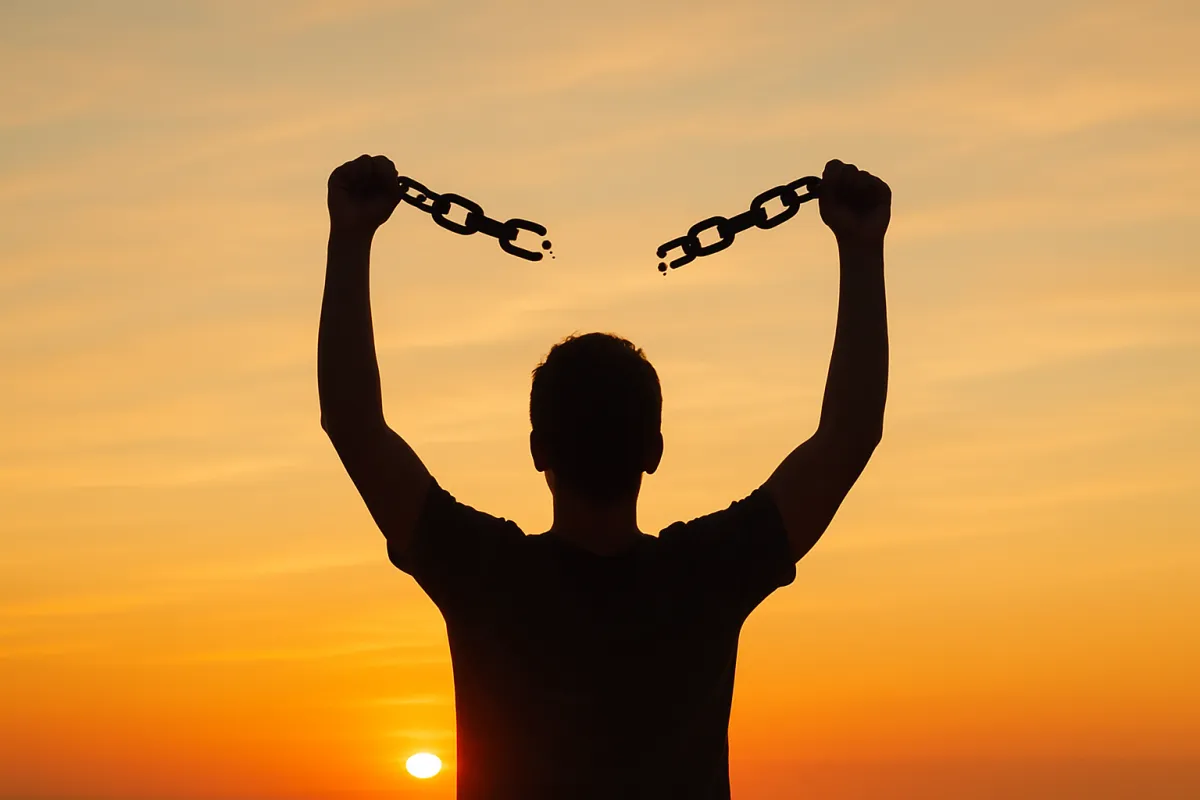
The Spiritual Discipline of Contentment: Escaping the Debt-Consumerism Trap
It often starts with good intentions. A small purchase to get through a tough week. A new phone upgrade because “everyone else” has it. A few extra items in the cart when a sale pops up online.
Each moment feels harmless. Just a little comfort, just a little convenience. But over time, those decisions stack up until the weight of payments becomes a constant companion.
America’s relationship with debt reflects this slow drift. According to the New York Federal Reserve, household debt reached $18.39 trillion in the second quarter of 2025, with total credit card balances hitting $1.21 trillion, an all-time high. What’s fueling it isn’t always emergencies; often it’s the culture of constant consumption.
“Buy now, pay later” apps, which pitch themselves as interest-free convenience, are one of the fastest-growing traps. A 2025 LendingTree Survey found that 41% of BNPL users admitted to missing payments at least once, with many juggling multiple “pay-in-four” loans at once. (Source: LendingTree)
What starts as flexibility ends as another monthly burden. The irony is sharp: the same culture that promises happiness through more stuff is leaving millions anxious, ashamed, and spiritually empty.
The Debt-Consumerism Trap

Consumerism thrives on comparison. Open social media and you’re bombarded with polished snapshots of vacations, remodels, cars, and gadgets. It quietly tells you that what you have isn’t enough, and worse, that you aren’t enough until you buy your way into the picture.
That constant comparison drives spending. A 2023 Research show social media exposure is linked to higher levels of materialism and compulsive buying. But comparison doesn’t just drain wallets; it drains peace.
Debt locks people into a cycle that feels impossible to escape:
Desire triggered by comparison.
Debt taken on to meet that desire.
Stress rising as payments pile up.
Silence growing because of shame.
And in that silence, the chains tighten. People hide debt from family and friends because they feel judged. The American Psychological Association reports that money stress remains the most common source of stress nationwide. The pressure isn’t just financial; it’s emotional, relational, even physical.
Scripture doesn’t ignore this reality. As said in Proverbs 22:7, “The borrower is slave to the lender”. Debt is not just numbers in a ledger; it’s a form of bondage that shifts control of your life away from God’s design. Jesus warned against it clearly: “Life does not consist in an abundance of possessions” (Luke 12:15).
The consumerism trap isn’t only unhealthy, it’s unbiblical.
Breaking the Cycle Through Faith

Escaping this trap requires transformation of the heart, not just budgeting apps and paying methods.
The Apostle Paul’s words in Philippians 4:11 are radical:
“Not that I am speaking of being in need, for I have learned in whatever situation I am to be content.”
Contentment doesn’t come naturally; it’s a discipline, something practiced and learned. Faith-driven financial freedom begins here:
Pause before you pay. Build in a moment of prayer before purchases. A 24-hour pause on non-essentials gives room for clarity.
Order your finances biblically. Give first, save second, spend last. This flips consumer culture upside down.
Prune the noise. If scrolling fuels envy, unfollow. Protect your eyes and your heart from triggers.
Face the numbers. Write down every subscription, every payment. Hiding from debt makes it heavier. Honesty is the first step to healing.
Practice generosity. Gratitude and giving rewire the heart away from scarcity and toward abundance in Christ.
At Pathway316, this isn’t theory, it’s the foundation of how we help people find freedom. Debt relief here is more than financial restructuring. It’s pairing practical solutions with spiritual renewal, guiding people back to God’s wisdom and out of the burden of debt.
Break the Chains, Embrace Peace
Debt may have written part of your story, but it doesn’t have to define your future. Freedom is possible, not through another quick fix, but through a faith-driven plan anchored in contentment, community, and Christ.
Contentment isn’t about settling for less. It’s about stepping into freedom, the kind only God can give.
Start your debt-free journey with Pathway 316 today.